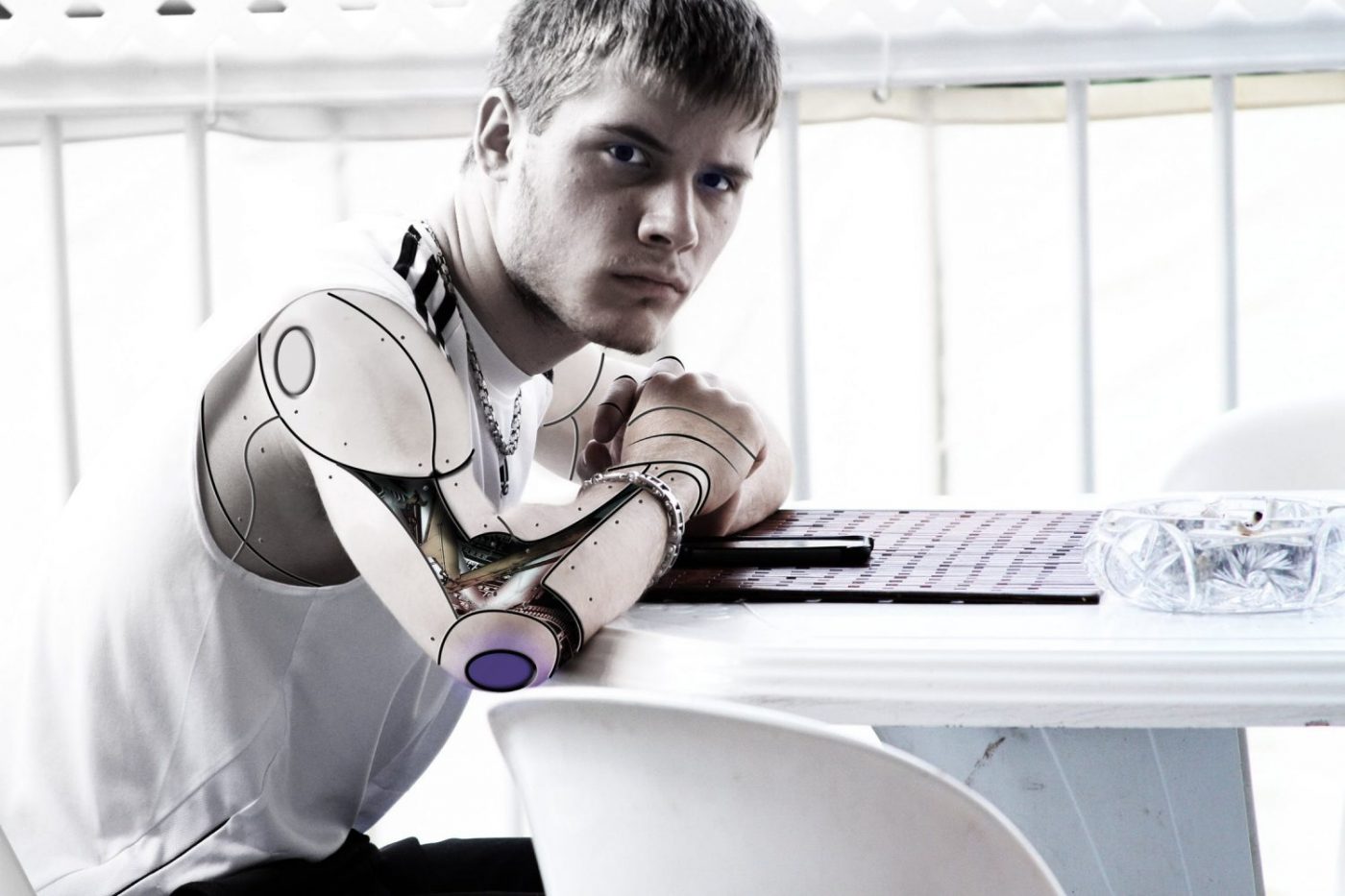Without notice the humanity has fallen into the third industrial revolution. The story of the first two industrial revolutions is similar. In the 18th century England machinery was replacing people in textile factories, but at first it did not really affect anything that much. But over the next hundred years, global changes were the largest in the whole millenium. The prerequisites for the second industrial revolution rose from the middle of the 19th century. Melting process improvements raised the industry to a new level, but this new level became apparent only after several decades when Ford conveyor started releasing one black car after another at an unprecedented speed.
Nowadays similar processes are also taking place. About one and a half million robots are currently operating in the world; one robot can replace approximately 3,000 people. But, according to the Bruegel research centre in Brussels, in twenty years robots will occupy more than half of the jobs in Europe. This, of course, does not mean that half of the employees will be laid off, but new terms will definitely appear in job advertisements.
The intensive use of robots to replace line workers in factories began several decades ago, nowadays the area where robotics can be utilised is expanding. Amazon unexpectedly became one of the leaders in the use of robot technology, by introducing robotic hands Robo-Stow in its warehouses, who remove things from shelves, and mobile robots Kiva, which move items accross the floor.

Nowadays, robotics is rapidly developing in a new field – autonomous car industry is also emerging. Google is the pioneer in this field, which has been conducting self-driving car test runs on Nevada state routes since 2011. Car manufacturers like Toyota, Nissan, Volvo and others have already started to make similar projects. According to market research firm ABI Research, in 2020, ten million driverless cars will be on the road across the world.
THE YOUNG GENERATION OF SMART COMPUTERS WILL INEVITABLY TAKE AWAY PEOPLE’S JOBS WHOSE PROFESSION IS RELATED TO INFORMATION.
It’s no surprise that Google first became one of the main investors in Uber – a company that simplified placing orders for taxi services – but later launched a similar project. Replacing taxis with driverless cars will help significantly reduce the price of this service … and also deprive several million taxi drivers of work.
It must be noted, however, that not only the mechanical professions are under threats of extinction. Computers are already smarter than people in various areas. In 1997 the world chess champion, Garry Kasparov lost to the Deep Blue computer program – the six-game match ended with the score 3.5:2.5 in favour of IBM’scomputer.

Chess might seem to be quite algorithmic but it’s not, just like the Jeopardy! the game, in which questions must be answered very quickly and correctly. In spite of the seeming complexity, in 2011 the program Watson (also an invention by the IBM) won two of the most powerful Jeopardy! players – Ken Jennings and Brad Rutter.
Ken Jennings, whose account has a history of continuous 74 wins in Jeopardy!, wrote in his column for The Slate, that the young generation of smart computers will inevitably take away people’s jobs whose profession is related to information. The members of the erudition game are probably the first victims of Watson, but certainly not the last.
Interestingly, after the famous victory, Watson changed the scope and shifted to the diagnosis of diseases. Medicine will apparently become the next battlefield for people and robotised personnel, and in the upcoming years, first nurses, and then doctors will give up their jobs to robots. ANDREI KOROBEINIK, BOARD MEMBER OF EstBAN



